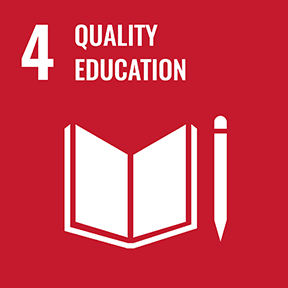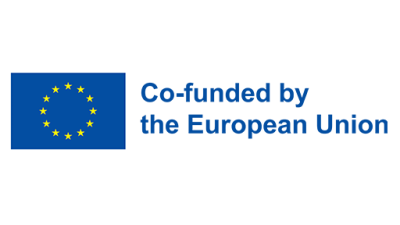Project
OJO – Opettajien jatkuva oppiminen
Project sponsors

Micro-credentials Supporting Continuous Learning (POKOT) is a collaborative project involving Häme University of Applied Sciences, Haaga-Helia University of Applied Sciences, JAMK University of Applied Sciences, Oulu University of Applied Sciences, and Tampere University ofApplied Sciences. The schools of professional teacher education have combined their expertise to support vocational education and the development of vocational teachers' competencies in the context of the evolving demands of continuous learning for adult learners.
The aim of the project to develop solutions and provide support for the professional development of vocational school staff in a situation where public resources allocated to trainingfor the working-age population are becoming increasingly scarce, while the need to renew the competencies of the adult population is becoming more diverse. The project supports vocational school staff in anticipating and monitoring changes in the labor market.
The project seeks to build a shared understanding of vocational competence pathways aligned with labor market needs and the role of micro-credentials as part of continuous learning services. It implements actions to enhance the capabilities of vocational education staff,enabling them to respond more effectively to the skill demands emerging from the labor marketthrough agile and timely competence development solutions. A key focus is on the unique perspectives and challenges associated with micro-credentials, small competence modules.
To support the development of vocational education staff competencies, the project will producematerials, develop methods, and create operational models that can be utilized even after the project ends as part of professional development efforts. All organizations responsiblefor professional teacher education are involved in the project. This enables the participating organizations to directly integrate the project's outcomes into vocational teacher training and ongoing professional development for teachers throughout their careers.
